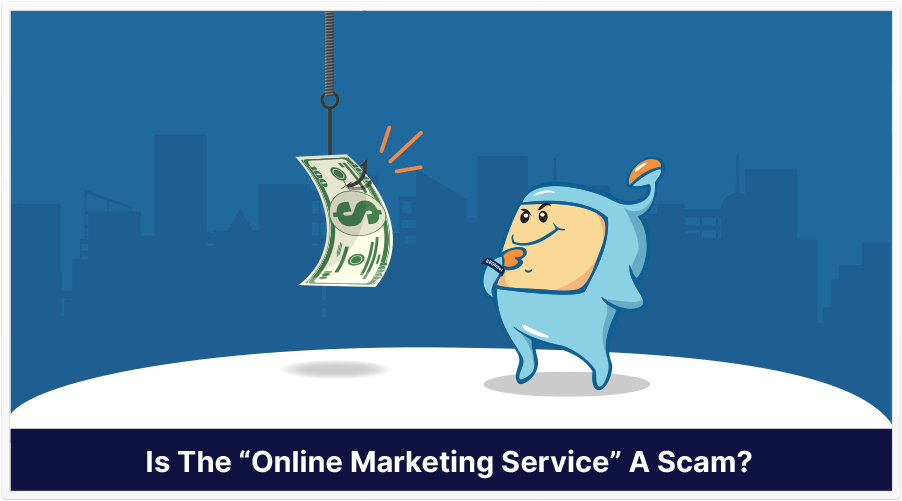
If you’re an owner or advertising executive in a small- or medium-sized business, you might be very eager to grow your business in a post-covid-19 world.
You may be considering a range of business-growth activities, including pay-per-click advertising, social media posts, video creation, and search engine optimization, among others.
You may also be willing to enlist the services of others, which, generally, can help speed up the growth of your business.
But, there’s a catch: you have to find a non-scammy, legitimate expert or company.
With small- and medium-businesses eager to grow their online presence, there are predatory outfits online that pose as experts who claim to want to help you grow your business.
But the truth is anything but.
A recent news segment on KHON2 reported that the Better Business Bureau Scam Tracker has received reports of so-called marketing services that make promises, take the money of small businesses…but don’t deliver.
But, there are also legitimate marketing consultants, experts, and agencies who do want you to succeed and have a track record of providing their clients with incredible ROI. I personally know a few of them.
So, the question is, how does one determine truth from falsehood?
Signs of an Online Marketing Scam
First of all, not everything has to be a scam for you to be disappointed. That is, even seemingly legitimate companies can create marketing campaigns that, in the end, don’t deliver.
That said, it is better to go with a legitimate agency who’s willing to work with you long-term. Sometimes, it takes a few campaigns to find an approach that resonates and takes off.
Before I get to the points below, I should say that these points aren’t necessarily exhaustive, meaning that you might have to dig deeper than what I mention below.
Also, just because a company (or those pretending to be one) have any number of the characteristics below, doesn’t outright define them as a scam. That said, I leave it to you to use your own judgement. The points below will help you to do that.
Due Diligence is Key: Here Are a Few Things You Can Do to Help Determine Whether That Expert or Agency is Legitimate
Business is risky enough, and there are great experts out there who are willing to help you. You just have to avoid the bad ones.
Source: KHON2